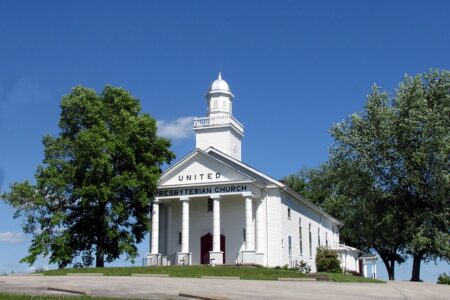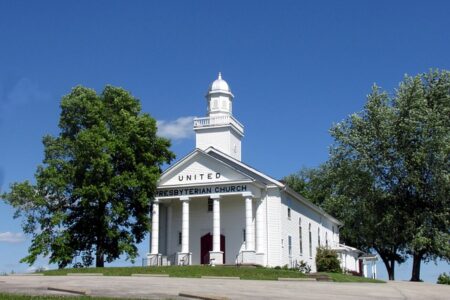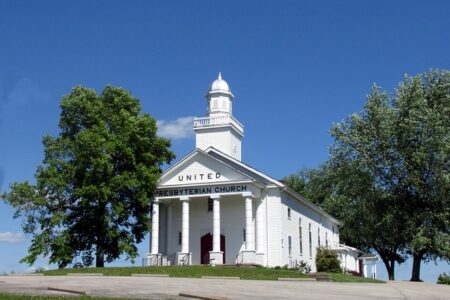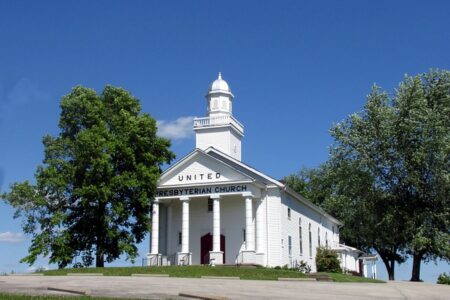Presbyterians generally hold varying views on cremation, as beliefs and practices can differ among individual congregations and members. While some Presbyterians may have no objections to cremation and consider it a personal choice, others may prefer traditional burial as a more traditional and symbolic practice. Ultimately, the stance on cremation within the Presbyterian Church is …








